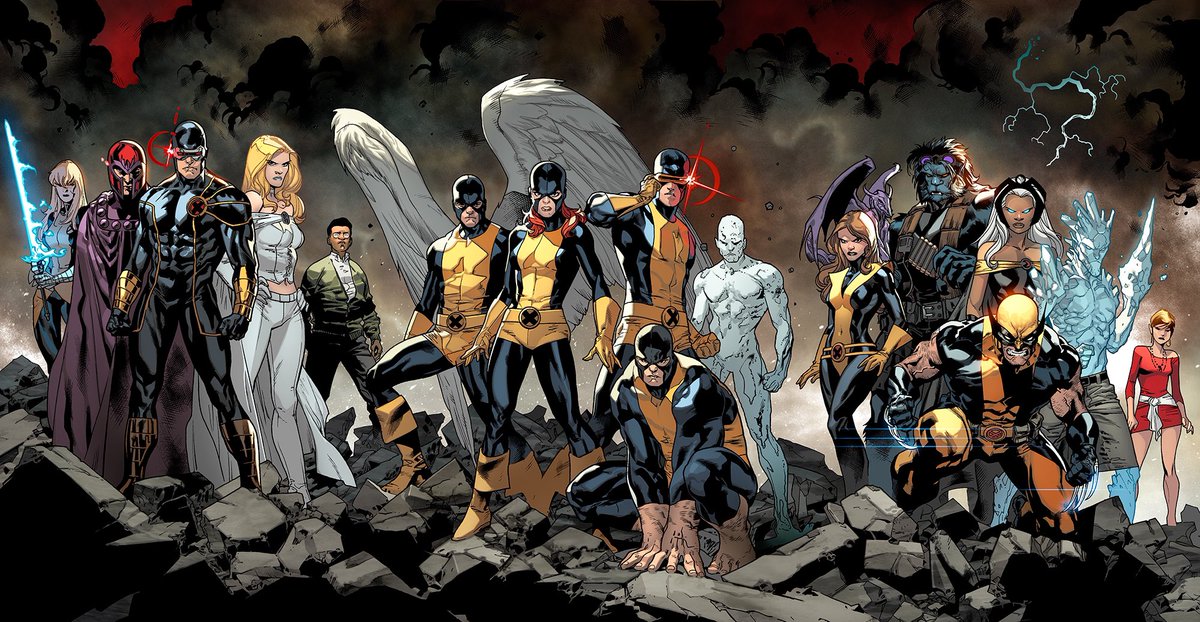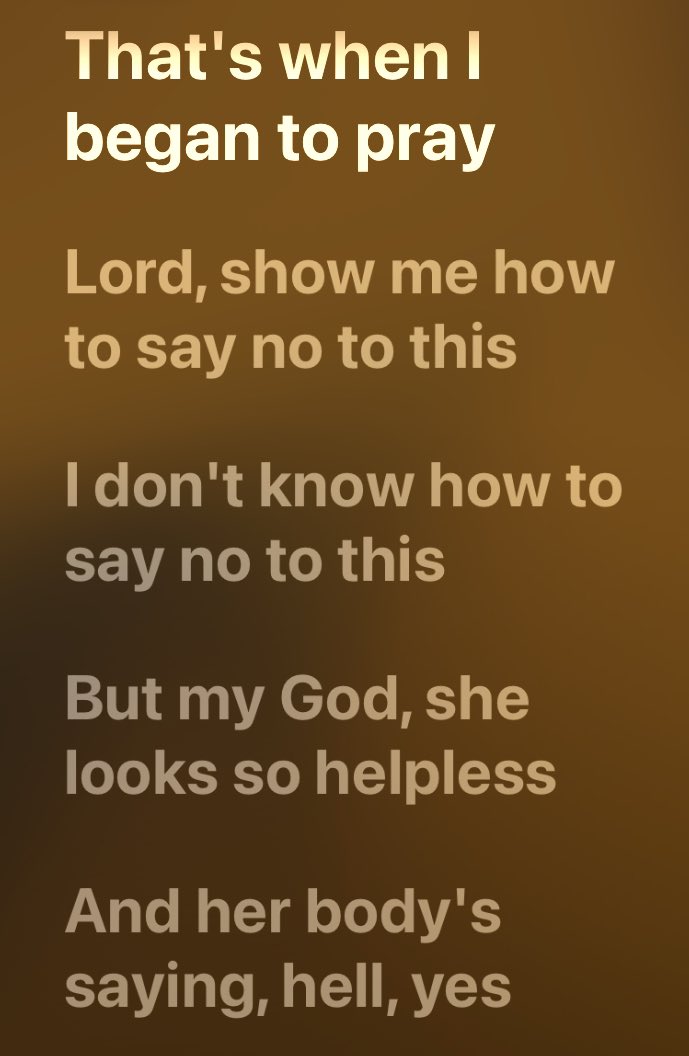
#Accurate
They have more-or-less pro photogs take those photos who know what features are available and how to customize them for optimum effect. They also don’t showcase the most popular/common types of photos most users take (like, say, mirror selfies)
They have more-or-less pro photogs take those photos who know what features are available and how to customize them for optimum effect. They also don’t showcase the most popular/common types of photos most users take (like, say, mirror selfies)
https://twitter.com/n0thasghey/status/1437838255068749835
I’ve got a friend who frequently travels the country and he manages to take some gorgeous photos of landscapes and cityscapes and stuff. The phones are definitely capable, it’s just learning those features takes time/effort most people just likely won’t put in for a random photo.
(Hell, a lot of people won’t refuse to even consider using the crop feature before sharing on social media, and that’s at least self-explanatory and requires zero photography knowledge/experience)
Also, some of their example photos are definitely misleading, namely in showcasing night mode. They have a photo taken in a dark room or at night, but there’s always a major illuminating light source on the subject, which the ISP uses to make a balanced, coherent image.
They’re still clearly staged to bolster an image quality “in the dark” that simply never applies in any given real-world scenario where the general user might want to take a quick shot in low light.
• • •
Missing some Tweet in this thread? You can try to
force a refresh








